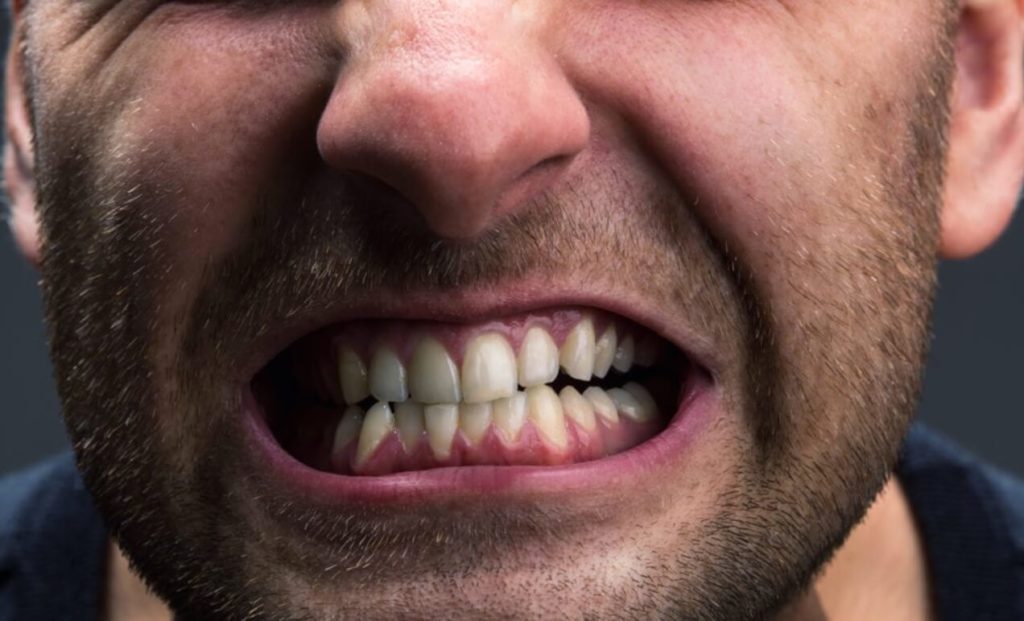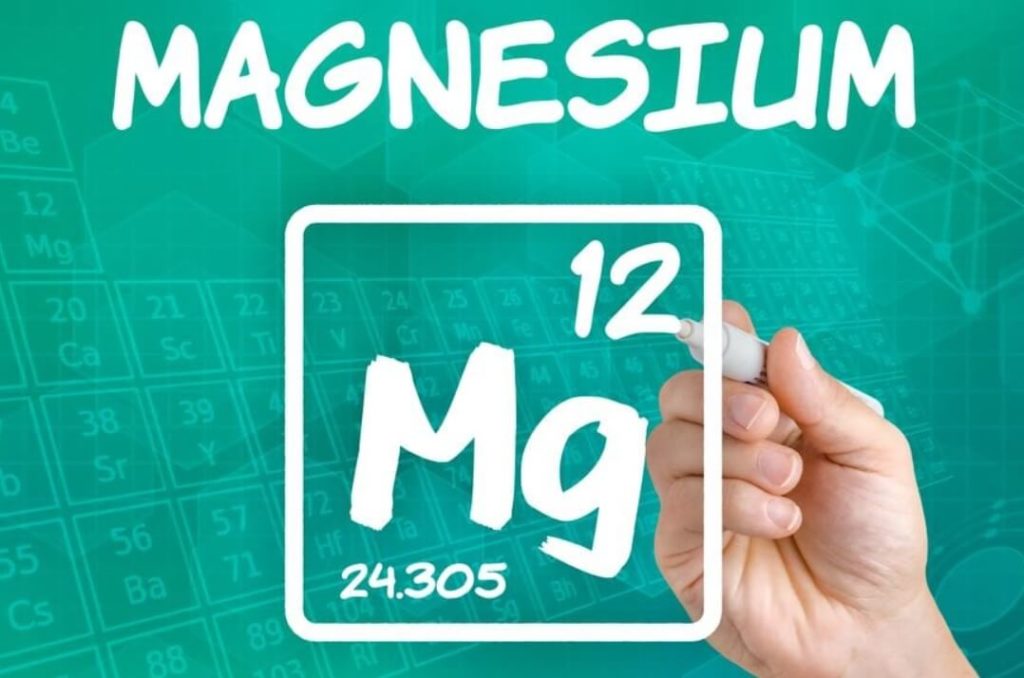While most people unknowingly grind their teeth and clench their jaw from time to time, some do it excessively. Excessive teeth grinding and jaw clenching is actually a medical condition called bruxism. This results in pain, such as headache (and migraine), earache, facial ache, and jaw pain and stiffness. Overtime, it can damage the teeth and gums causing tooth sensitivity, tooth loss, chipped or crooked teeth, and broken dental fillings. The pain can also radiate all the way down to the shoulders causing stiffness and tightness.
While dentists prescribe mouth guards, splints, and even dental correction (for severe cases), many attest to the benefits of magnesium for treating bruxism. Medication for bruxism isn’t new. In some cases, dentists prescribe muscle relaxants before bedtime to discourage jaw clenching but some people attribute magnesium in improving their bruxism.
But what is magnesium, and how can it work against bruxism?
Magnesium is important for general health. It is involved in hundreds of biochemical reactions in the body. It helps regulate blood pressure, boosts immune system functions, keeps bones strong, reduces risk of type 2 diabetes, boosts physical performance, prevents migraines, cause anti-inflammatory benefits, and even helps fight depression.
It is also needed in muscle and nerve function. That is why some experts believe it can help alleviate teeth grinding and jaw clenching.

Magnesium for bruxism: does it work?
Magnesium as a supplement helps relax the muscles, specifically small twitch muscles around the jaw area. When under stress or anxiety, the body’s magnesium levels (as well as other vital minerals) can plummet, causing multiple imbalances that lead to different conditions.
Magnesium deficiency, for example, can result in anxiety, insomnia, irritability, hyperactivity, and restlessness. Stress and anxiety are among the most common causes for bruxism. This leads experts to believe that mineral deficiency may be part of the problem.
How much magnesium should you take?
Some experts believe that taking a dose of chelated form of magnesium regularly may assist in reducing teeth grinding and jaw clenching activity. Subsequently, magnesium is also used in treating constipation, muscle cramps, and even reducing migraine attacks.
The recommended dose is 400mg to 420mg daily for men and 310mg to 320mg daily for women. It is, however, always important to check with your doctor before taking magnesium supplements.

What are the side effects of magnesium?
A high dosage of magnesium, whether from supplements or medication, can cause side effects like diarrhea, nausea, and abdominal cramps.
Also, magnesium in supplement form can interact with some type of medicine and antibiotics. Make sure you always check with your doctor or ask your pharmacist first. This is particularly important for people who routinely use antacids or laxatives that contain magnesium.
There are no known side effects if magnesium is derived from natural sources such as magnesium-rich food like almonds, cashews, pumpkin seeds, and spinach.
Conclusion
Though there are no surefire ways to treat teeth clenching, your dentist can prescribe various treatment methods that can significantly lessen bruxism, such as mouth guards.
There are multiple things you can do in conjunction with magnesium supplementation to improve your bruxism. Some of them include breathing exercises, yoga, meditation, physical exercise, or anything that could help you relax and reduce stress.


























